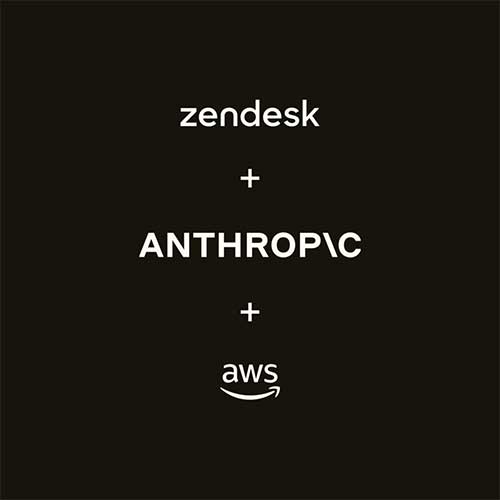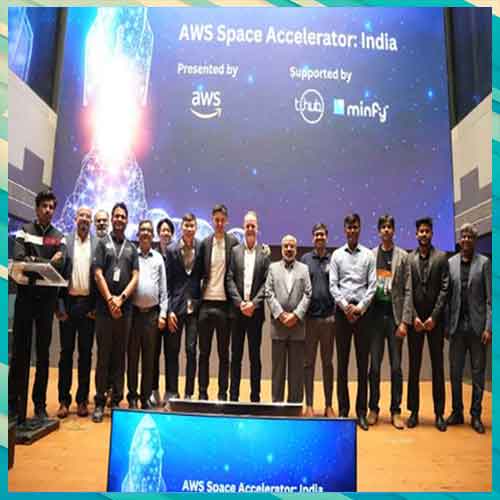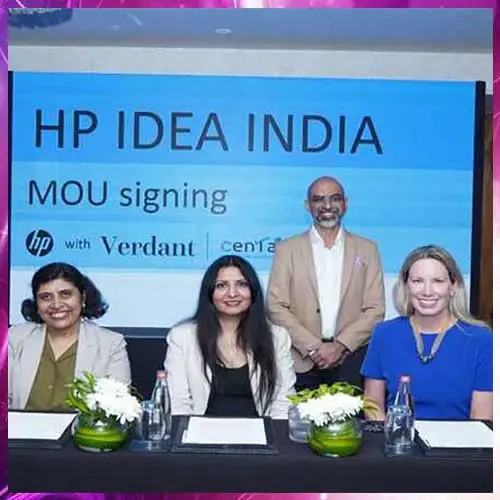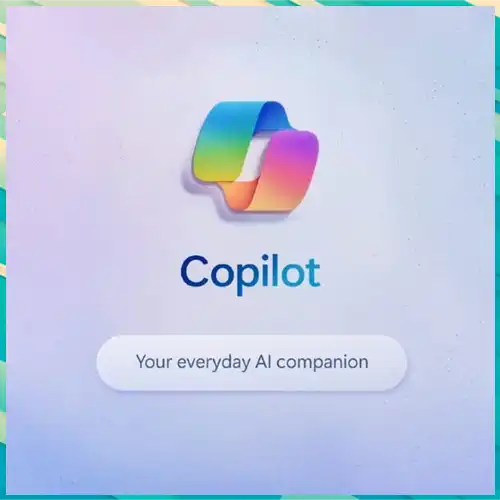The future of IT skills for Technical support organizations

Over the past few years, digital transformation has become a watchword for many businesses. In this new era defined bycloud computing, social media and mobile strategies, companies are pursuing new IT tools, and it is clear that the best useof tools require a disruption to operational procedures. Accompanies seek success with new products and new customers; there are many areas that must be addressed in order to become a truly digital service provider. One of the critical success factors for service organizations is to understand how technical support, the backbone of customer satisfaction as well as customer retention is evolving with regards to technology adaption and workforce skills.
The direct impact of technology on business outcomes gives modern IT a two pronged approach – first is to focus on strategic efforts and the second being a continuation with the current tactical work. The backbone of the service organization is to build an appropriate team structure with multifaceted competencies.The nature of work is changing. With this change, we cannot accurately estimate the overall impact on job numbers but, onething is certain: technical skills will be in high demand. Even though job titles look familiar, it is important to understand how roles are changing in an environmentdefined by cloud computing, digital technologies and mobile devices.
The Four Pillars of a Functional IT Framework:
However, before we discuss the workforce skill trends, let us first understand how technical support is evolving at a dramatically fast pace. Afunctional IT frameworkdescribesfour primary IT disciplines-Infrastructure, Development,Security, and Data.
Infrastructure: The Infrastructure pillar is the bedrock of IT operations. Witha broad reach and a long history, Infrastructure contains many of theroles most often associated with IT.At the core of this function, system administration and network operations take care of the back-office tasksthat have been part of IT since the mainframe era. However, today’s setup requires physical server maintenance,virtual system administration, network configuration, and storage planning. These tasks, which havetraditionally centered on “on-prem” components still establish the foundation for the rest of the ITarchitecture. Interestingly, we are observing a growing importance of application implementation. While Infrastructure pillar is not directly responsible for application development, they are accoujtable for installing applications and keeping them running. This activity is very relevant as it alludes to a definite connection point between Infrastructure and Development.
DEVELOPMENT: The second primary pillar for IT operations is Development. WhileInfrastructure focuses on hardware, Development centers on software.It is important to note that companies building software for externalcustomers have separate product development teams. However, in times to come, there will clearlybe an overlap between the software product teams and infrastructure and these two pillars work seamlessly to provide the best application for the end user.
SECURITY: As technology needs become more complex andthe digital stakes get higher, security is perhaps the most important pillar of any organization. Security most often begins as an offshoot ofInfrastructure, since the traditional security approach has been heavilyfocused on technology. The need for further specialization is driven bynew layers of technical tools, business processes that establish securepractices.Traditionally organizations have used firewall and antivirus as the means for securing their infrastructureand endpoint devices. However fFor digital organizations, this security perimeter is not sufficient as applicationsand data regularly travel outside the walls of the firewall. New tools such as DLP (Data Loss Prevention), IAM (Identity and Access Management), and SIEM (Security Information and Event Management ) mustbe layered into operations along with firewall and antivirus, and security professionals need to shifttheir mindset from preventing all attacks to detecting the inevitable breach and acting quickly anddecisively.
DATA: As Security is an offshoot of Infrastructure, Data is an offshoot ofDevelopment. The skills and thinking needed in Development translatewell to Data, where there is an abstract component of dealing with bitsand bytes. The recent growth in the amount, veracity, velocity and variety of data that a company can manage has brought focus to certainspecialized skills, but there is a foundation that must be built beforemoving to more advanced applications.
New age technical support competencies:
These four pillars and their overlap has created a complex environment which requires rethinking thestrategic and tactical competency development of a technical service function.
To the extent thathardware is still involved at the core of technical services at the first level of technical support, the responsibilities have definitely evolved in the past few years. From a PC running on Windows most originations have started utilizing other operating systems and smartphones heavily. In many cases enterprise application are accessed over cloud by employees and customers. Pure hardware repair is a passé as companies exploreBYOD and utilize warranty support, but familiarity acrossmultiple operating systems is needed as a basic step inensuring productivity.Beyond devicesthe first line of defense is nowinteracting with a complex back end system comprised of many components.
The four pillars mentioned above clearly alludes to the fact that service desks must befamiliar with all these areas in order to route issues to theproper experts.Networking knowledge is still a priority as connectivity is the one most important aspect of modern computing. High-profile back end approaches such asvirtualization and cloud computing drive front end skills forproperly troubleshooting application problems.
Storageoptions must be well understood for questions about data handling.Even as cloud computing and mobility change the overallnature of infrastructure, the connection between the backend and the front end remains a vital link for supporting atech-driven workforce.
Development is perhaps the least likely destination for a pure play technical support organization, but the momentum behindDevOps is creating more overlap than ever betweenInfrastructure and Development, so a transition from techsupport to software coding is quite visible in near future.
For many organizations, security posture is primarily determined bythe implementation of technology such as firewalls andantivirus. As such, level one support often has knowledge ofsecurity tools that ensure end users are properly protectingcorporate assets.However, Security is growing to encompass processes suchas regulatory compliance or risk management along withend user education. As companies develop new procedures,service desk responsibilities will likely evolve to incorporatethe relevant steps in secure operations.
The final IT pillar, Data, represents another stretch area fortechnical support functions. The support function has traditionally been“interrupt-driven”: a problem is logged and it gets resolved. Asbusinesses recognize the value of analytics, there is significant potential forsupport technicians to collect and analyze data. The patternsthey find could highlight widespread issues or suggestefficiency improvements.
Along with the technical skills that help the first line ofdefense respond to diverse issues, there is a growing needfor knowledge in operational procedures and projectmanagement. Expertise in IT service management, using a framework likeITIL or COBIT, is usually a first step for support technicians.This knowledge is necessary to formalize processes for agrowing number of requests and to ensure that thoserequests are properly cataloged. Beyond these, project management skills come into play with increasing manpower experiencewho start to analyze thecollected information and attack any systemic problems.
Out of all the changes happening across IT, the support desk rolemay be undergoing the most dramatic change. The requiredtechnical skills cover a broad range of topics, policies andprocedures which are needed to handle a large number ofrequests, and customer service is more important than ever.Whether the first line of support is managed in-house oroutsourced, there is a growing need for well-roundedtechnicians to support digital strategy.
The field of information technology now attracts an accentuated focus than ever before, and businesses are struggling to understand the best approach for this ever changing environment. With new trends seeming to pop up on an annual basis, there is a rush to understand the implications of new innovation and the path forward from legacy architecture. The technology industry has become incredibly dynamic and complex, and a tactical approach to technology support quickly needs to become strategic or else, service providers will lose the plot against their customers whose business needs force them to get rapidly digitalized.
Pradipto Chakrabarty
Regional Director, CompTIA India
Tags: future of IT skills, Technical support organizations, technical support, development, security, data, Pradipto Chakrabarty Regional Director, CompTIA India
See What’s Next in Tech With the Fast Forward Newsletter
Tweets From @varindiamag
Nothing to see here - yet
When they Tweet, their Tweets will show up here.































